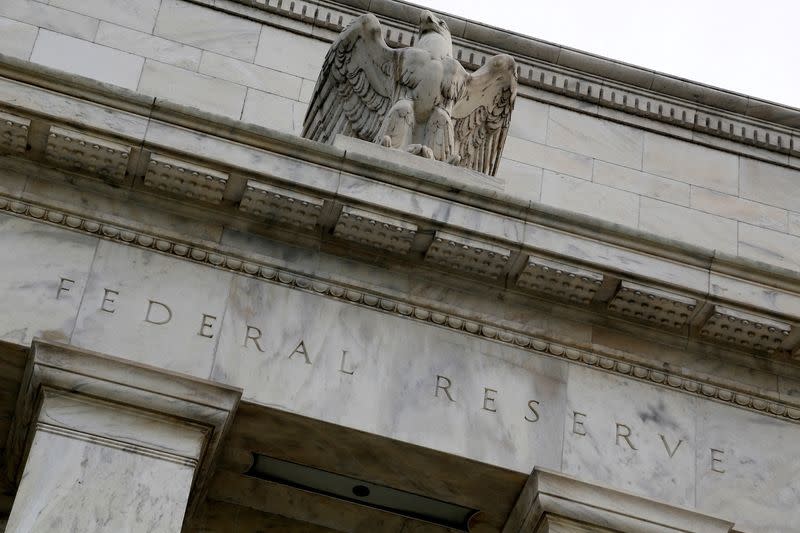US banks face more fair lending scrutiny under new regulations

By Pete Schroeder
WASHINGTON (Reuters) - U.S. regulators will begin grading banks on which communities and geographies they service via online lending under tougher new rules modernizing fair lending standards to be finalized on Tuesday.
The changes to 1977 Community Reinvestment Act (CRA) regulations draw a line under a contentious multiyear effort that was delayed amid fierce lobbying by community groups and lenders, as well as by a change of presidential administrations.
They broaden the geographies in which lenders will be required to extend loans and other services to low-income Americans, making it tougher for banks to receive top marks when being graded for CRA compliance.
Conceived to prevent red lining, CRA regulations are central to banks' overall supervisory performance. Poor CRA grades put lenders in a so-called penalty box, meaning they are barred from doing mergers and other deals.
"The final rule takes a critical step forward in modernizing the CRA regulations to help ensure that banks meet the needs of all the communities they serve," said Federal Reserve Vice Chair for Supervision Michael Barr in a statement.
The Fed approved the proposal Tuesday morning, but Fed Governor Michelle Bowman opposed it, calling it overreaching and overly complex. Two other regulators, the Federal Deposit Insurance Corporation and Office of the Comptroller of the Currency, were expected to finalize the rules later Tuesday.
Historically, CRA grades focused on how well banks serviced low-income communities where banks have branches. Banks will now also be graded on how well they service low-income communities in the areas in which they provide large numbers of mortgages and small business loans through online and mobile lending.
Agency officials said the final rule had been simplified to make higher grades more achievable, and that they had extended the implementation date, with most requirements effective in 2026.
"The final rule includes some revisions to the proposal that industry commenters had called for, but still expands the CRA into geographies and areas of focus that have never been covered before," said bank regulatory partner Randy Benjenk at law firm Covington & Burling.
The updated rules also attempt to provide a more consistent process for grading banks' performance, after the industry complained the prior regime could be opaque and subjective.
Now, regulators will provide a list of the types of activities for which banks can receive credit under the CRA grading system, and allow them to seek feedback on whether an activity would count.
Banks on Tuesday said they supported fair lending but flagged concerns with the final rule.
"We urge regulators to take a hard look at compliance burdens that could lead to reduced lending and to extend the implementation time frame, given the significant time and resources required for banks to comply with a complex new rule," said Lindsey Johnson, head of the Consumer Bankers Association.
(Reporting by Pete Schroeder; Editing by Andrea Ricci, Michelle Price and Marguerita Choy)

 Yahoo Finance
Yahoo Finance 